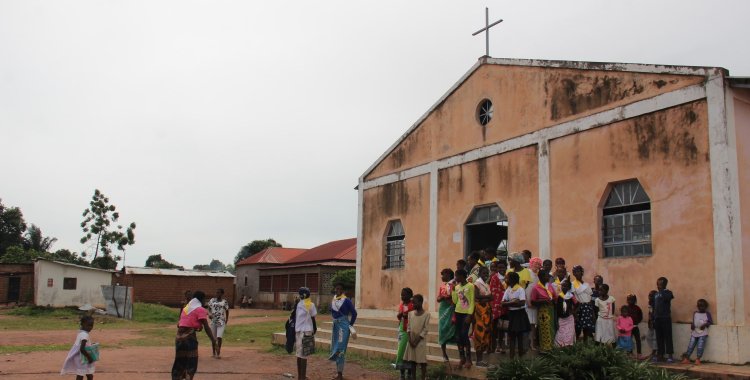"Less than four out of 10 respondents say they trust the courts (38 percent), the police (37 percent), the president (37 percent) and other elected and state officials," the study reveals.
Of those surveyed, more than 50 percent said they trusted "in some way" or "a lot" of religious leaders, while 43 percent expressed confidence in the Angolan Armed Forces and 42 percent in traditional authorities.
Trust in religious leaders depends on some factors: the level of trust in these leaders is higher than the average among rural residents, poorer citizens and the elderly (people over 65). Angolans living in the eastern and central parts of the country have also shown more faith in religious leaders than in government.
In the capital, the figures are reversed, with less than half of those surveyed (47 per cent) admitting to trusting religious leaders more.
Trust in the military is higher among women (46 percent) than men (40 percent). Older citizens also show more trust in the Armed Forces when compared to young people.
"The military also enjoys greater popular confidence in the South and East (48 percent each), compared with only 40 percent in the province of Luanda".
According to Afrobarometer, half of the angolans consider that the traditional authorities have "some" or "much influence" "in the management of local community affairs and this influence is more noted by rural residents (57 percent) than by residents of the cities (46 percent)".
"The residents of the North (60 per cent) and South (59 per cent) regions are the most likely to say that traditional leaders are influential in the government of local communities," in contrast to only 40 per cent of respondents in Luanda agree with this influence.
In general, most angolans "express distrust of all these institutions and leaders, highlighting the challenges in ensuring widespread awareness and compliance, measures related to the pandemic," the study concludes.
For this study Afrobarometer interviewed 2400 Angolans between November and December 2019.
To learn more, you can consult the study here.







